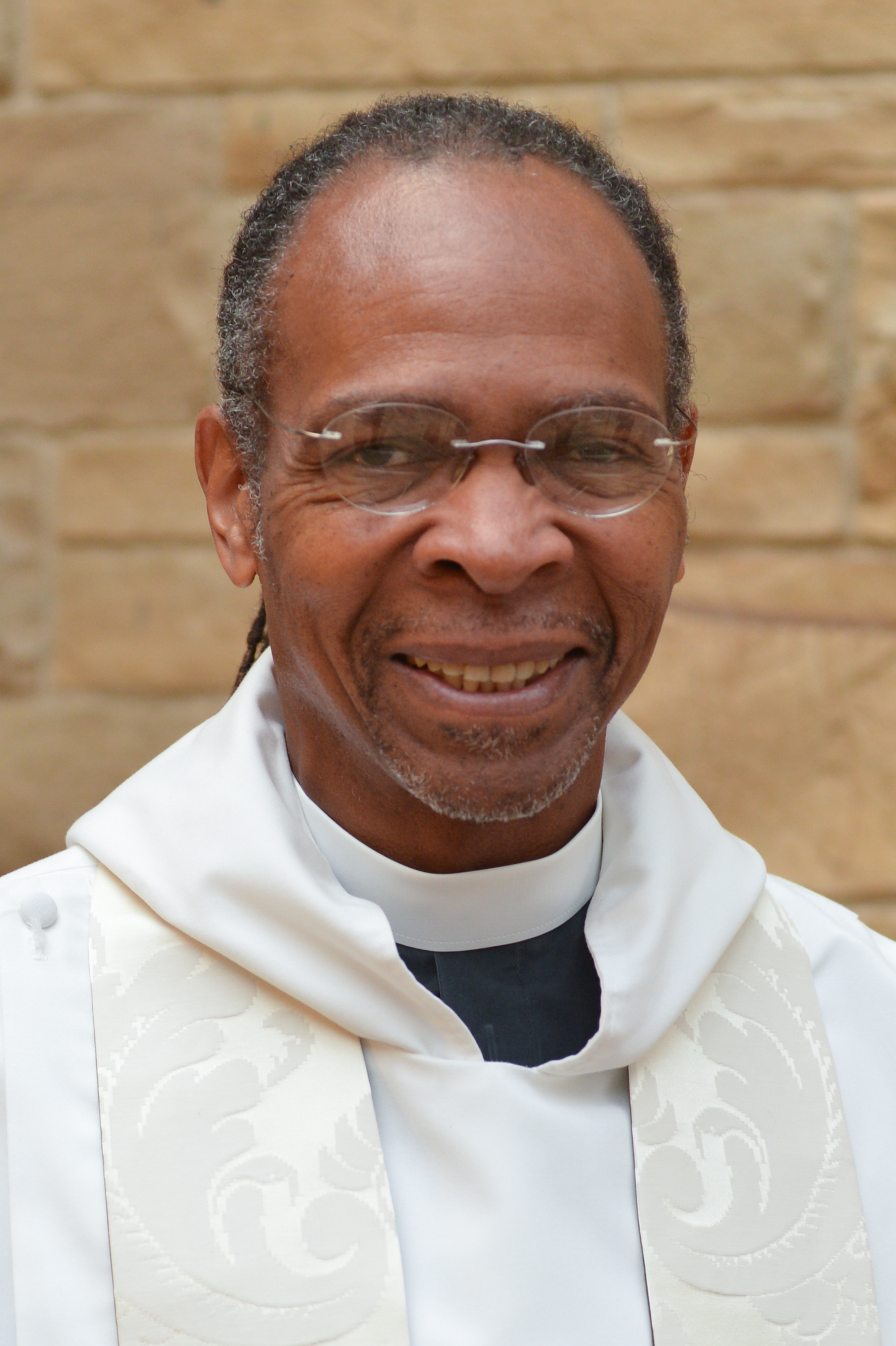 An article for the Cathedral Times
An article for the Cathedral Times
by the Rev. Dr. Thee Smith, Priest Associate
One of my favorite poets reminds me how alike we all are. Many of us are young people starting new school terms this time of year. Many of us also start jobs or enter new environments. All in all, we face similar challenges and feel some of the same joys. Considering our shared challenges, how may our youth find more joy in school even as they experience something like the poem, “Childhood?” (Rainer Maria Rilke, trans. M.D. Herter Norton)
The long anxiety and time of school
runs on with waiting, with nothing but dull things.
O solitude, o heavy spending of time . . .
Then out: the streets are ringing and asparkle,
and in the squares the fountains leaping,
and in the gardens the world becomes so wide.—
And to go through it all in one’s small suit,
quite differently than others go and used to go—:
O wonderful strange time, o spending of time,
o solitude . . .
“To go through it all in one’s small suit” always grabs my attention. It reminds me of the ways we can all feel so small when starting something new; so alone, at risk or vulnerable. Hardened vulnerability, I insist, is acquired; not inevitable. In childhood we attempt again and again to survive trauma, to burst through and surmount vulnerabilities. Children naturally persist in trying new things, regularly and joyfully. The world presents so much newness; so many alluring opportunities to encounter exciting novelties. Resilient we are by nature. When newly alive in the world, we venture beyond the times of hurt and disappointment. If allowed resources for healing, enough to safely rage or grieve, we recover from those hurts and resume welcoming the world anew.
Otherwise our accumulated challenges become too weighty as our resources for healing get compromised. Our natural resilience may buckle or snap. We may grow watchful of new things; some of us more shy or wary as we age, some more brittle or rigid. Now self-protective or defended, less eagerly we “through it all in one’s small suit.” With such “heavy spending of time,” days become fraught “with nothing but dull things”—or worse.
But what if? What if we find communities and organizations transformative enough to take account of this social armor we acquire? What if our group’s everyday practices, procedures and policies are skilled for outmaneuvering our assorted defenses? I believe that’s the kind of community we foster here at St. Philip’s and in churches across the land. Here’s a related profile.
"To an extent we ourselves are only beginning to appreciate, most people at work, even in high-performing organizations, divert considerable energy every day to a second job that no one has hired them to do: preserving their reputations, putting their best selves forward, and hiding their inadequacies from others and themselves.
We believe this is the single biggest cause of wasted resources in nearly every company today. What would happen if people felt no need to do this second job? What if, instead of hiding their weaknesses, they were comfortable acknowledging and learning from them?
"What if companies made this possible by creating a culture in which people could see their mistakes not as vulnerabilities but as prime opportunities for personal growth? For this approach to succeed employees must be willing to reveal their inadequacies at work —not just their business-as-usual, got-it-all-together selves—and the organization must create a trustworthy and reliable community to make such exposure safe."
That’s the goal of the book, An Everyone Culture: Becoming a Deliberately Developmental Organization (Kegan and Lahey, 2016): to ‘recast human and organizational potential’ and ‘transform how we think about work and workplace culture’. How convergent with our goals as a Christ-like people! This fall, each day, let’s reinvest our ‘time, talent, and treasure’ in resources for starting school, work, and church that way. With increased safety to reclaim joy, let’s continue to renew our brand of beloved community.
